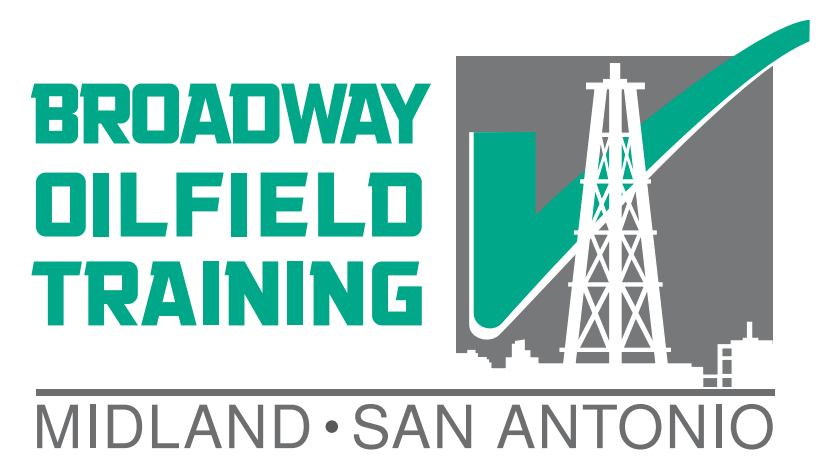CLIMBING THE LADDER
Throughout the world-wide oil and gas industry, there has been over 300,000 layoffs during the slump of 2015. Many of those who are still in employment have had a pay freeze or even forced a demotion. For those who are still working through the downturn, the eyes of management will always be hawkish, and no one wants to be the next worker on the chopping block due to not being valuable enough. This is a tough situation even for those who have kept their jobs in the oil patch.
The downturn will not last forever, at some point in the near future, prices will rise, as will the demand for oilfield workers. When the rebound happens and hiring picks up, the workers that are left will become managers. They are the only people that are available to teach the new workers that will need to be hired. For those who have seen reduction in pay or responsibilities, this is the reward for remaining in a difficult position over time.
CALLBACKS/RE-HIRE
Those that have been freshly laid off because their company has not been bringing in enough revenue may be the first in line for re-hire. Employers, when they need to hire new people, will want to find the people that are already trained in their business with a character that they can trust. This means many employers will try to callback and re-hire many of the employees that had to be laid off during the difficult times.
CAREER POACHING
When there becomes a shortage of qualified workers in the oilfield, one of the favorite tactics of companies is to steal a worker from another company. This is known as “sniping” or “poaching.” Part of the reason that companies prefer to poach workers from other companies is that in addition to getting a well-trained worker, their competition is also damaged by losing a worker. Few discuss this oilfield phenomenon, and it exists in other industries, but there is more of an incentive for companies to hire somebody else’s employee rather than an unemployed worker.
OTHER INDUSTRIES
There is some disagreement here, but arguably one of the worst career moves for an oilfield worker is to move into another industry. Workers that have moved on to other industries may be considered “too fickle” for the ups and downs of oil and gas. Plus, poaching from another industry gives no advantage to a company over hiring an unemployed worker. The training that the worker receives in another industry also may not be compatible to oil and gas.
Recommended Training: SafeLand San Antonio
Notice: Article is provided as is and for informational use only. Eagle Ford Training San Antonio, its owners, instructors, and affiliates hereto referred as the company shall have no liability for and you shall defend, indemnify and hold harmless from and against any claim loss demand, liability, obligation, and expense based upon any injury or damage, spill or pollution, product liability, or any other loss that may occur. The liability for the use of information is solely yours notwithstanding any act of error or omission by the company.
